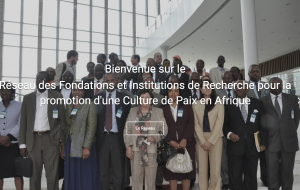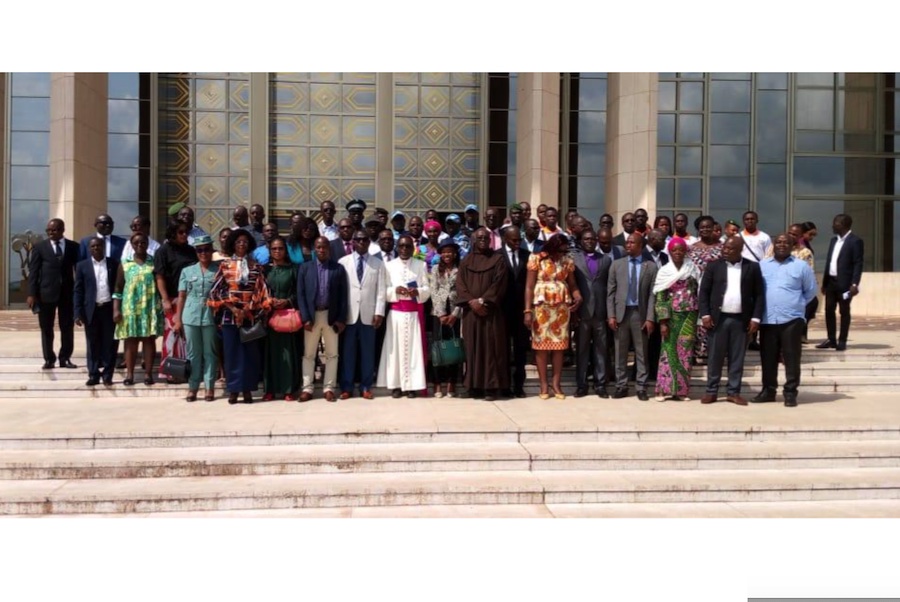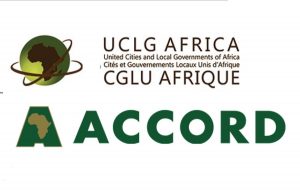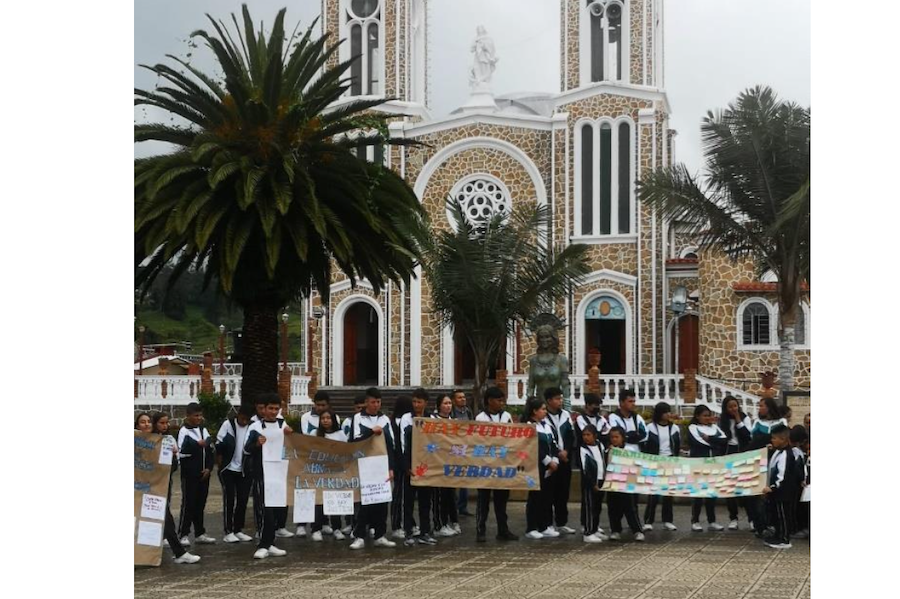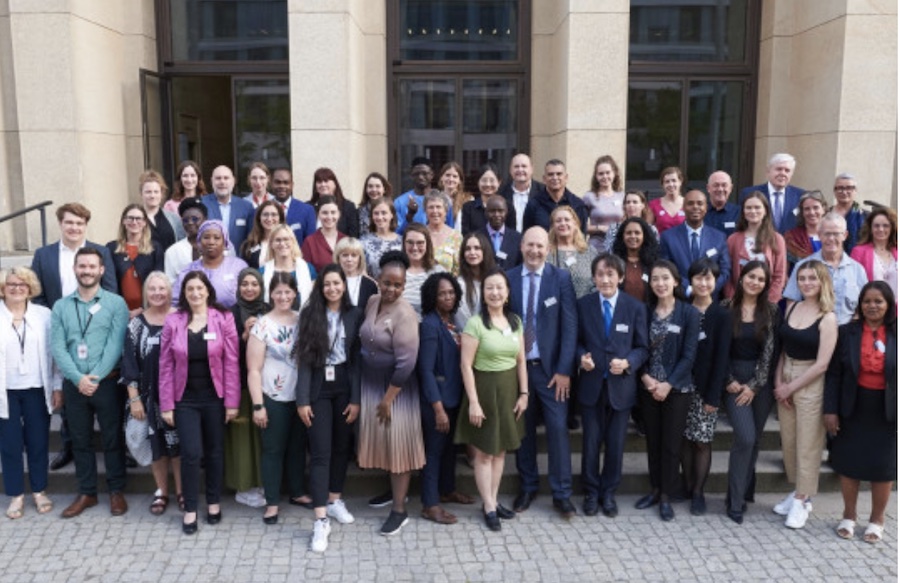DISARMAMENT & SECURITY .
An article by Kenny Stancil in Common Dreams (reprinted under license Creative Commons CC BY-NC-ND 3.0)
Several high-ranking House Democrats have joined human rights groups in expressing dismay over President Joe Biden's decision to supply Ukraine with cluster munitions—weapons that more than 120 countries have banned due to their devastating and long-lasting impacts on civilians.

Biden on Friday defended his move to send cluster bombs to Ukraine as part of a new $800 million weapons package, tellingCNN it was "a very difficult decision" made because "Ukrainians are running out of ammunition" needed to stave off Russia's invasion.
Biden's comments came after top Democrats on the House Rules Committee and the panels that fund the Pentagon and State Department denounced the White House in rare statements broadcasting discord within the president's party.
"The decision by the Biden administration to transfer cluster munitions to Ukraine is unnecessary and a terrible mistake," said Rep. Betty McCollum (D-Minn.), ranking member of the House Appropriations Subcommittee on Defense. "The legacy of cluster bombs is misery, death, and expensive cleanup generations after their use."
"These weapons should be eliminated from our stockpiles, not dumped in Ukraine," she added.
"The Biden administration will probably think twice when the pictures start coming back of children who have been harmed by American-made cluster munitions."
Rep. Jim McGovern (D-Mass.), ranking member of the House Rules Committee, said that he continues "to strongly support helping Ukraine stand up to Russia's brutal war of aggression."
"But cluster munitions won't help," he stressed. "They are indiscriminate weapons that disperse hundreds of bomblets which can travel far beyond military targets and injure, maim, and kill civilians—often long after a conflict is over. I urge President Biden to listen to our NATO allies, such as the United Kingdom, France, Germany, and Spain, who oppose sending cluster munitions to Ukraine for the same reasons."
One hundred twenty-three nations—including 23 of NATO's 31 members—have joined the United Nations Convention on Cluster Munitions, which prohibits all production, stockpiling, transfer, and use of the weapons. The treaty entered force nearly 13 years ago, but the U.S., Russia, and Ukraine have yet to sign it.
Human Rights Watch (HRW) on Thursday published a report detailing the catastrophic effects that cluster bombs with exceptionally high bomblet failure rates used by both Russian and Ukrainian forces since the start of the war last year have already had and will have in the years ahead. Mary Wareham, the organization's acting arms director, said that "both sides should immediately stop using them and not try to get more."
Rep. Barbara Lee (D-Calif.), ranking member of the House Appropriations Subcommittee on State, Foreign Operations, and Related Programs, said Thursday that she was "alarmed" Biden was even "considering sending cluster bombs to Ukraine." She pointed out that more than three dozen human rights and anti-war organizations had urged Biden in June to "remain steadfast" in opposing any transfer of the widely condemned weapons despite growing calls from congressional Republicans and Ukrainian President Volodymyr Zelenskyy to send them to Kyiv.
U.S.-made cluster munitions have been used around the world for decades—including during Washington's wars on Korea, Vietnam, Laos, and Cambodia—unleashing widespread destruction and littering landscapes with unexploded ordnance that still endangers unsuspecting civilians and hinders socioeconomic development generations later. HRW has documented how U.S.-made cluster bombs continue to cause grievous harm in various countries, including Serbia, Afghanistan, Iraq, and Yemen.
The subcommittee Lee previously chaired has long blocked the transfer of cluster munitions, which were last exported from the U.S. in 2015. Although the U.S. destroyed roughly 3.7 million cluster bombs from 2008 to 2017 and they are no longer produced by any U.S. companies, the Pentagon is estimated to still possess about 3.7 million "obsolete" cluster bombs containing over 300 million submunitions.
(Article continued in right column)
Questions for this article:
Can cluster bombs be abolished?
(Article continued from left column)
As Arms Control Association executive director Daryl Kimball explained Thursday: "In 2008, former Secretary of Defense Robert Gates issued an order to phase out by 2018 cluster munitions with an unexploded ordnance rate of greater than 1%… [and] in 2011, the Obama administration affirmed this policy."
"The Pentagon has, unfortunately, dragged its feet and in 2017 the Trump administration announced the 2018 deadline for phasing out non-compliant cluster munitions would not be met," said Kimball. "No new deadline for meeting that goal was set by the Trump administration or the Biden administration."
In December, Lee and McGovern were among the 11 Democratic members of Congress who wrote in a letter to Biden that the U.S. "should be leading the global effort to rid the world of these weapons, not continuing to stockpile them."
Congress has passed legislation forbidding the export of cluster bombs that leave behind more than 1% of their submunitions as "duds." However, Biden is using a rarely invoked provision of the Foreign Assistance Act to bypass the restriction on so-called "national security" grounds, increasing the chances that Ukrainian neighborhoods and farms will be polluted with de facto landmines. Ukraine is already facing a multibillion-dollar cleanup effort, de-mining experts say.
According toThe Washington Post:
The principal weapon under consideration, an M864 artillery shell first produced in 1987, is fired from the 155mm howitzers the United States and other Western countries have provided Ukraine. In its last publicly available estimate, more than 20 years ago, the Pentagon assessed that artillery shell to have a “dud” rate of 6%, meaning that at least four of each of the 72 submunitions each shell carries would remain unexploded across an area of approximately 22,500 square meters—roughly the size of 4½ football fields. . . . The Pentagon now says it has new assessments, based on testing as recent as 2020, with failure rates no higher than 2.35%. While that exceeds the limit of 1% mandated by Congress every year since 2017, officials are ‘carefully selecting’ munitions with the 2.35% dud rate or below for transfer to Ukraine, Pentagon spokesperson Brig. Gen. Patrick Ryder said Thursday.
"It's dismaying to see the long-established 1% unexploded ordnance standard for cluster munitions rolled back as this will result in more duds, which means an even greater threat to civilians, including de-miners," Wareham told the newspaper.
"The lack of transparency on how this number was reached is disappointing and seems unprecedented," she added.
As Politico reported:
Marc Garlasco, a former Pentagon official and military adviser at PAX Protection of Civilians, a Dutch NGO, noted that the actual dud rates in the field are much higher than those recorded during tests “conducted under perfect and unrealistic conditions.”
Comments from U.S. officials defending the decision do not allay the fears of many in the community, Garlasco said, expressing skepticism about the Pentagon’s latest test data showing lower dud rates.
Arms control advocates who were on a call with administration officials on Friday said that despite claims the cluster munitions being sent would have lower dud rates, there were no details about the types and sources of the cluster munitions the U.S. plans to send.
Congressional Democrats' December letter urging Biden to join the majority of the world's countries in outlawing cluster bombs was also signed by Reps. Sara Jacobs (D-Calif.) and Ilhan Omar (D-Minn.).
On Thursday, Jacobs and Omar introduced an amendment to the 2024 National Defense Authorization Act recently approved by the House Armed Services Committee that would prevent the sale or transfer of cluster munitions.
Jacobs, Lee, McGovern, and Omar are all members of the Congressional Progressive Caucus. But even some hawkish Democrats such as Rep. Chrissy Houlahan of Pennsylvania are not hiding their disgust with Biden's about-face.
"There are some who will say that these weapons are necessary to level the battlefield given Russia's reported use of them," said Houlahan, co-chair of the bipartisan Unexploded Ordnance and Demining Caucus.
"I challenge the notion that we should employ the same tactics Russia is using, blurring the lines of moral high ground," she continued. "And I challenge all of us to remember that this war will end, and the broken pieces of Ukraine will need to be rebuilt."
Biden's move was praised by John Bolton, a notorious warmonger who has served in every GOP-led White House since the Reagan administration. It was also welcomed by some congressional Republicans, including far-right Sen. Tom Cotton (Ark.), whose only complaint was that "it took too long."
Sarah Yager, HRW's Washington director, toldThe Hill that those "legislators, policymakers, and the Biden administration will probably think twice when the pictures start coming back of children who have been harmed by American-made cluster munitions.
